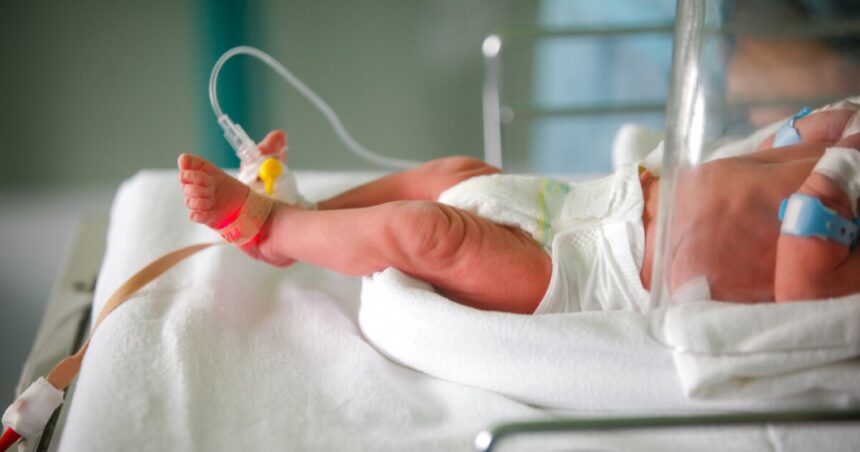The rise in frequency and intensity of heat waves in the U.S. can have a negative impact on our health from before we are born, according to new research.
A recent study published in the medical journal JAMA Network Open analyzed 53 million births from the 50 most populated metropolitan areas in the U.S. over a 25-year period. The study found a 2% increase in preterm births and a 1% increase in early-term births after prolonged periods of extreme high temperatures.
Prior research had already shown a link between high outdoor temperatures and preterm births. However, this study focused specifically on the effects of heat waves on a larger scale, comparing birth data with meteorological data and identifying four consecutive days of high temperatures between May and September for each metro area.
The study also discovered that preterm births were higher among mothers aged 35 or older following a heat wave. Early-term births occur between 37 and 39 weeks of pregnancy.
Health
US has highest rate of maternal deaths among all wealthy nations
12:22 PM, Jun 04, 2024
The adverse effects of heat waves on perinatal health were not evenly distributed among the studied populations. Younger mothers from minority racial groups with lower education levels had a 4% higher rate of premature births following heat waves.
Factors contributing to this statistic could include varying access to air conditioning, financial resources for higher electricity bills, and outdoor job requirements for pregnant women in vulnerable groups.
Heat can lead to early labor due to reduced blood flow, contractions, hormone level fluctuations, and oxidative stress. Preterm birth is a major cause of infant mortality and long-term health issues.
As heat waves become more common and severe globally, the impact of heat on health, especially for vulnerable populations, comes into focus.
Weather
Why the government created new tools to show heat forecasts and risk
3:28 PM, Apr 22, 2024





